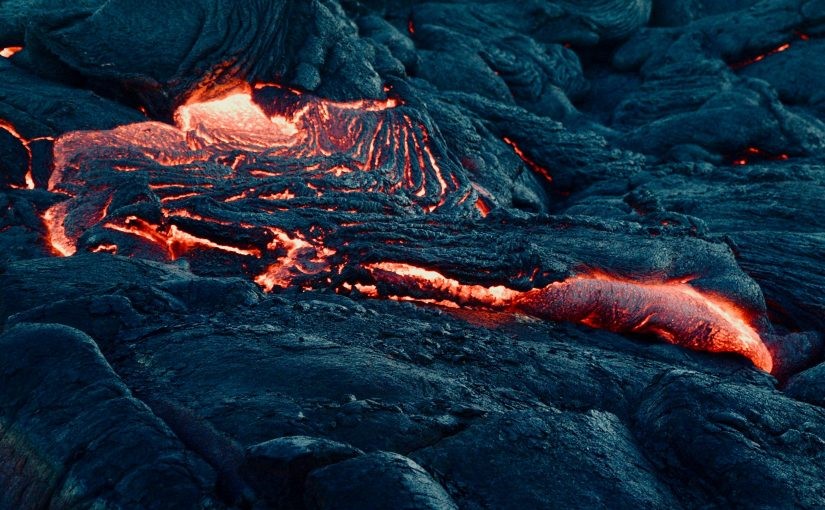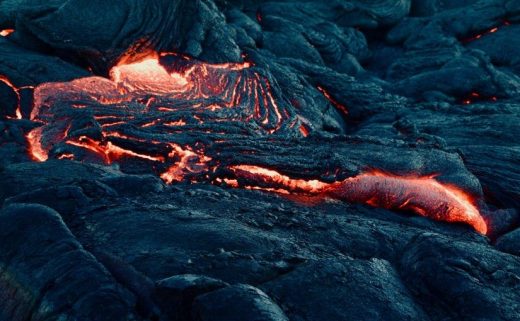Students win $700,000 grand prize using AI to unearth Pompeii scroll’s secrets
Students win $700,000 grand prize using AI to unearth Pompeii scroll’s secrets

Three students share the grand prize for using artificial intelligence (AI) to translate Pompeii scrolls found by an eighteenth-century Italian farmer.
The $ 700,000 Vesuvius Challenge grand prize was awarded by an international team of papyrologists (ancient paper specialists) to students Luke Farritor from the U.S., Youssef Nader from Egypt, and Julian Schilliger from Switzerland.
The students would successfully complete the task of being the first team to recover four passages, with a total of one-hundred-and-forty characters of the archaic writings.
The work the students carried out sent waves across the world and did not escape the attention of arguably the world’s richest man, Elon Musk, who posted on his social media platform that he would back more translations of antique texts;
Musk Foundation will support this
— Elon Musk (@elonmusk) February 7, 2024
The scroll of Herculaneum
The scroll centered around the AI challenge was named after the place where it was discovered, the small Roman town of Herculaneum, which was destroyed in the catastrophe of the Vesuvius eruption.
The texts stayed trapped in carbon for 2,000 years under the mud, ash, and slag that amazingly completely covered the villa of Julius Caesar’s father-in-law.
Many attempts were made to open them, but most destroyed the fragile contents, with a monk taking the time to painstakingly unwrap some of them, revealing ancient Greek text.
Six hundred would remain undisturbed, according to the grand prize’s website, and would lead to the young students getting their chance to unlock this historic time-trapped text.
They would follow in the footsteps of Dr. Brent Seales and his research team from the University of Kentucky, who used X-ray tomography and computer vision to read the scrolls without cracking the contents open. Their work paved the path to the historic work conducted by the students.
Youssef Nadar would post on his personal site “I am eternally grateful to be a part of such an incredible community, and having the chance to contribute to something so amazing.”
He continued, “This work was built on the shoulders of giants, first and foremost Prof. Seales and his team (I pretty much had Stephen’s Thesis open at all times), many amazing papers by FAIR and DeepMind, and so many open contributions from the community.”
Nebraska’s own Luke Farritor would be the first human to lay eyes on the contents and the winner of the first text prize in 2023. You can view his initial submission via Google Drive.
The technology and historical world will be keeping a close eye on the work of the young students and where, in time, their translation journey will take them.
Image Credit: Photo by Brent Keane; Pexels.
The post Students win $ 700,000 grand prize using AI to unearth Pompeii scroll’s secrets appeared first on ReadWrite.
(21)


